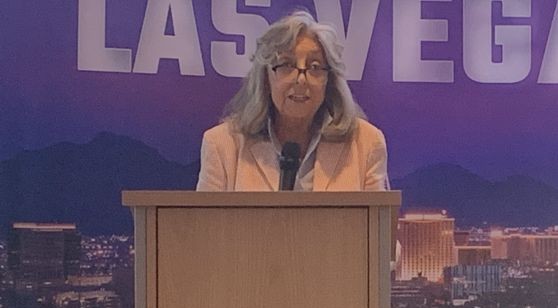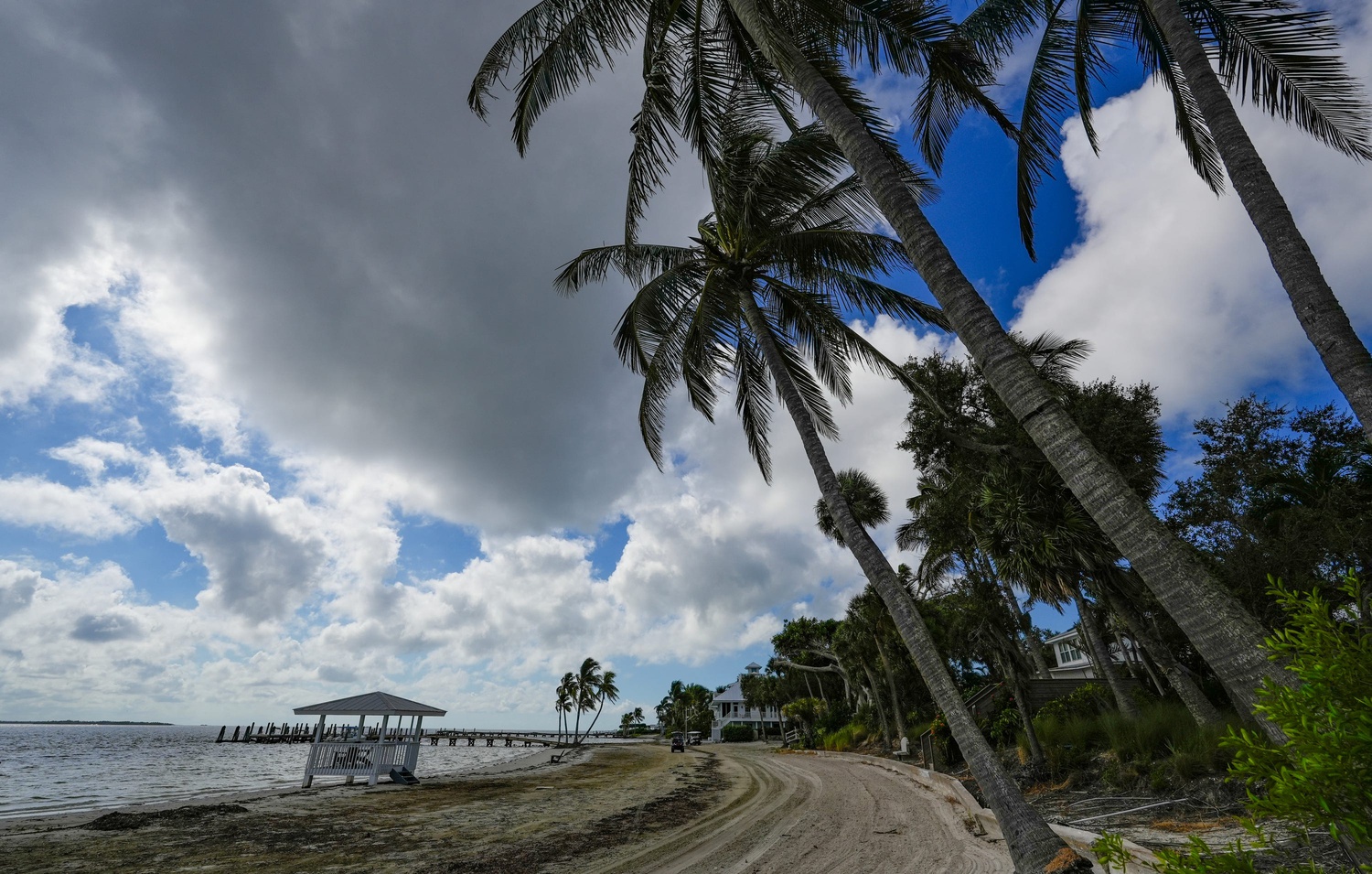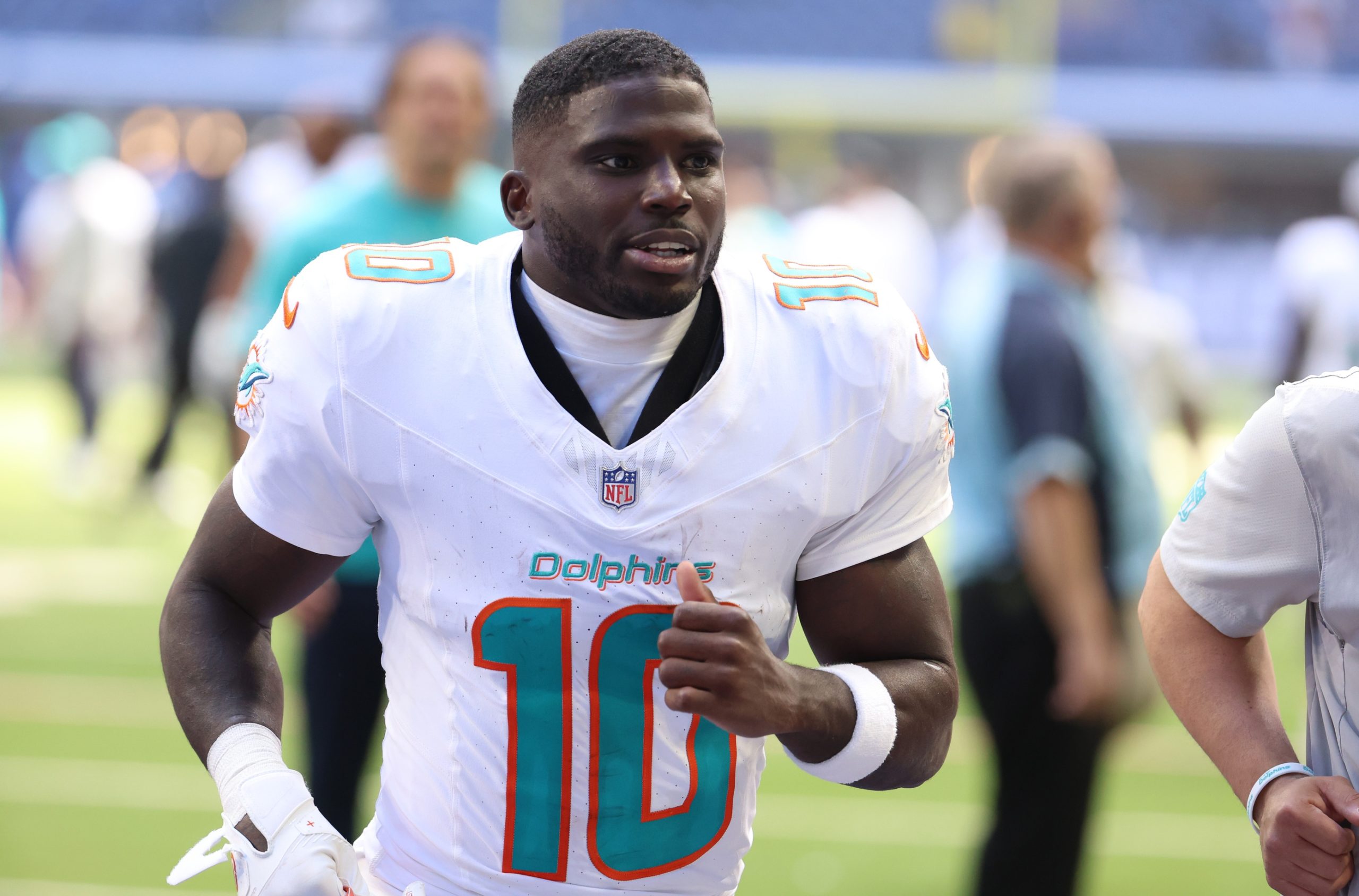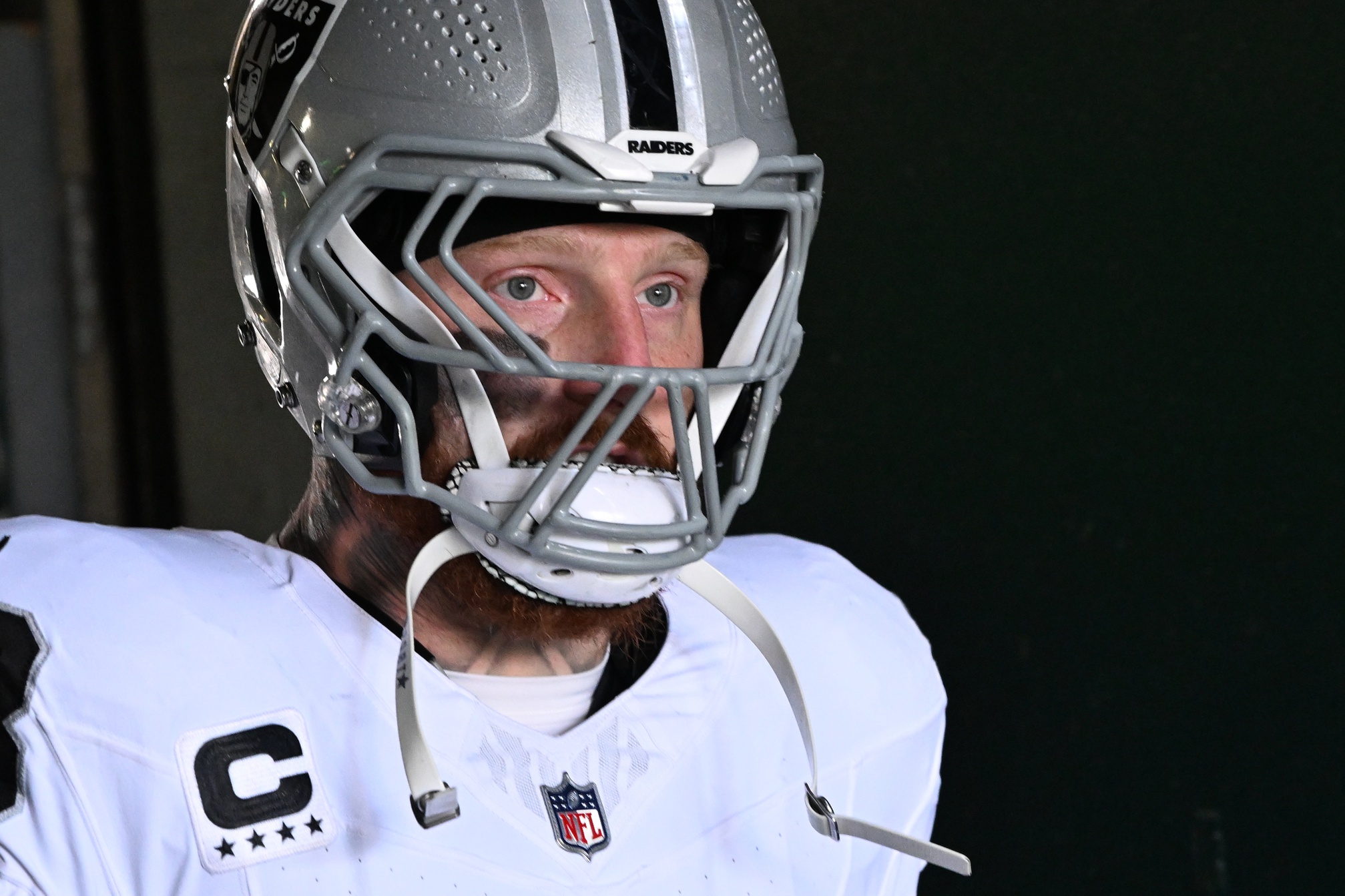FAIR BET Act Aims to Rectify Gambling Tax Deduction Provision

Professional bettors and poker players, high-rollers and even fortuitous recreational gamblers got some potentially good news from a Town Hall held by Rep. Dina Titus on Monday night in Las Vegas.
Titus' FAIR BET Act continues to add bipartisan support, five weeks after she unveiled the bill. Further, Titus and her panel of experts at the Town Hall are optimistic that in some form or fashion, the measure will pass.
That would rectify a provision contained in the One Big Beautiful Bill that limited gamblers' loss deductions, creating a situation where tax would be paid on income they never made.
(Feature image: Danielle Parhizkaran/Imagn Images)
FAIR BET Act
Fundamental Fairness

As VegasInsider reported in July, tucked into the One Big Beautiful Bill was language updating the tax code for gamblers who itemize their deductions. Up until now, gamblers could deduct 100% of their losses, up to the amount of winnings.
A provision with the OBBB changes that code.
Starting in 2026, the deduction would drop to 90% of losses. If, for example, a bettor had $100,000 in winnings, offset by $100,000 in losses, only 90% of those losses could be deducted. That leads to tax on $10,000 of income that was never realized.
The provision wasn't necessarily surprising to Titus, as gaming is often seen as an easy target in federal legislation.
"There's always a little prejudice against gaming that you have to look out for," Titus said in opening remarks at the Town Hall, before addressing the crux of the issue. "You are paying income tax on money you don't have. It's invisible money, phantom money."
The FAIR BET Act – in longhand, Fair Accounting for Income Realized from Betting Earnings Taxation – would restore the 100% deduction of losses, not to exceed winnings. On July 7, when Titus announced the bill, the positive response was overwhelming.
"I have texted and tweeted [for years]. This is the first thing that's gone viral," she said, while noting congressional support continues to build. "There are 10 co-sponsors, Democrats and Republicans. It's not ideological. It's just fair tax policy.
"The chairman of the Ways & Means Committee (Rep. Jason Smith) admits it was a mistake that needed to be to be fixed. That's a good thing."
The Bettors' Voice
Adam Robinson, a board member for American Bettors' Voice, was part of Titus' four-person expert panel in the Town Hall. As an advocate for bettors, Robinson noted the adverse effects of the OBBB's gaming tax provision.
Among his points: That the deductions change will ultimately lead to a change in bettors' behavior: How much they'll bet, where they'll bet or even if they'll continue betting. That could create tangential havoc for the gaming industry.
"It's a policy with mass unintended consequences. A lot of livelihoods depend on a fair tax for gaming," Robinson said. "If the big players leave, revenue will drop across the board."
That will inevitably lead state legislatures to impose more taxes, to make up for lost revenue. And it's worth noting that 48 states now have some form of legalized gaming.
"Players aren't dumb. They understand the implication of bad tax policy," Robinson said. "You'll lose players, tax revenue and jobs. And the unregulated market is going to grow."
The Tax Man

Russell Fox is a federally licensed tax professional with 25 years of experience in tax policy. During the Town Hall, he echoed some of Robinson's sentiments and Titus' stance, as well.
"There's plenty of bad law out there. But this [provision] is gonna especially hurt casinos long term," Fox said, before citing a tax cliche that almost always rings true. "Whatever you tax, you get less of. It needs to be fair.
"Anything that creates the perception that it's not fair is going to have an impact on [behavior]."
And the bigger the gambler, the bigger the impact. The OBBB provision could hit high-rollers hard, so that revenue stream stands to take the brunt of the impact. Which neither casinos nor sportsbooks can afford.
"The backbone of any gambling operation is the VIP players," Robinson said, again reiterating that those players will either gamble less – perhaps a lot less – or take their money outside the regulated market. "It's a very real risk. This is not just us being hyperbolic."
Professional bettors – some of whom wager millions a year just to claw out perhaps 5% profit – could move their money out of the regulated market, as well. Those bettors will find that their high-volume/low-margin model can't beat the 10% offset in deductible losses.
"It's hard. If you're pulling anywhere from 3 to 8 percent a year on the total amount of money you've wagered ... you're probably in pretty good shape," Robinson said. "[But] this tax provision makes that business make no sense.
"To try to build an operation where you have to beat the market by more than 10% every year consistently, and all the time and investment that it takes to be able to have that kind of operation work, it's just not worth it to do it here [in the U.S.]."
Regulatory Expert
Becky Harris also joined the expert panel at Monday's Town Hall. Harris is an internationally recognized expert on gaming policy and previously chaired the Nevada Gaming Control Board. She's now a distinguished fellow in gaming and leadership at UNLV.
Harris made several compelling points about the OBBB's change to gambling loss tax deductions. Harris proffered a parallel, asking what would happen if Congress passed a bill that called for a 10% offset in stock market losses.
That would surely create epic uproar. But she also noted how the change could impact the average Joe and Jane bettors, as gaming operators lose revenue.
"We begin to see that pressure on bet prices, and we price people out of the market," Harris said. "To have Congress at this late date come in on [gaming] taxes ... is really troubling. That policy is bad policy."
Virginia Valentine, president of the Nevada Resort Association, had insights more geared to the economic impact of gaming within the state. And she spoke not just to tourists, but to Nevada locals.
"We have a very robust locals market. [Tax policy] needs to be fair. Anything that creates the perception that it's not fair, that makes people not want to go in and enjoy [gambling] recreationally, that's going to have an impact on us," Valentine said.
Room For Optimism
On the bright side, Titus and Fox feel the FAIR BET Act has a strong chance of being implemented. But when and how is the question. As to the how, the act could be added to budget appropriations bills this year, or as part of a technical correction act.
The issue, though, is the uncertainty about when the provisional fix is enacted. Professional gamblers have to plan well in advance for the field as it exists, rather than hoping it will change in time to dodge a potentially significant tax bill.
"I can tell you right now what many are doing. They're not gonna wait until '27 to figure out if our '26 returns are gonna be grandfathered in," Robinson said. "You don't take that kind of tax risk with that kind of operation.
"You start making adjustments right now: What are we gonna do next year? Where are we gonna play? What markets are we gonna be in? ... There's competition for business."
Fox is optimistic that the OBBB measure will be repealed, but he's not certain it'll happen in 2025. Titus is aiming more for the near term with the FAIR BET Act, perhaps as soon as Congress resumes after the August recess.
She cites not only growing bipartisan support in Congress, but also from other stakeholders, as well.
"Derek Stevens has been very outspoken about this, and the American Gaming Association is on board," Titus said, alluding to the hotel-casino owner/sports betting aficionado, along with gaming's largest lobbying arm. "I'm pretty optimistic when we go back that we have a chance to fix this.
"There are various ways to get it done. We want to get it done."
Featured News
-
 FEATURED JAN 30, 2026
FEATURED JAN 30, 2026Odds to Win Survivor Season 50
-
 FEATURED FEB 23, 2026
FEATURED FEB 23, 2026Cognizant Classic Round 1 Odds: PGA Tour Round 1 Leader
-
 FEATURED FEB 20, 2026
FEATURED FEB 20, 2026Do Aliens Exist? Aliens, Extraterrestrial Life Odds
-
 FEATURED FEB 12, 2026
FEATURED FEB 12, 2026World Baseball Classic Odds: Prediction Market Moves for the 2026 Championship
-
 FEATURED FEB 17, 2026
FEATURED FEB 17, 2026Tyreek Hill Next Team Odds: What Will Tyreek Hill’s Next Team Be?
-
 FEATURED FEB 17, 2026
FEATURED FEB 17, 2026Maxx Crosby Next Team Odds: Navigating Offseason Trading Market







